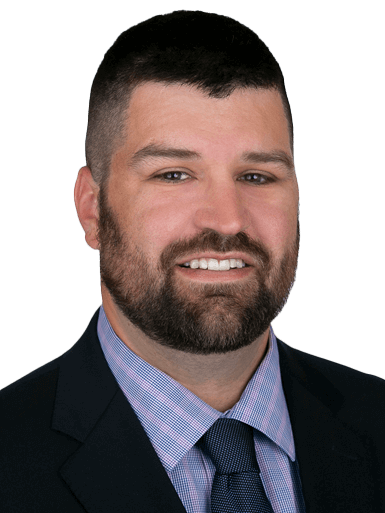Secure Act 2.0 & the YE Spending Bill
On Friday, December 23, 2022, the U.S. House of Representatives followed the Senate’s lead and passed a $1.7T spending bill (Consolidated Appropriations Act of 2023) that included changes to retirement savings, otherwise known as the Secure Act 2.0. The bill was signed by President Biden on December 29, 2022. These provisions affect individuals with retirement plans as well as employers/retirement plan sponsors.
There were over 90 new retirement provisions in the bill. AAFCPAs has summarized below some key items by the year they take effect:
2022
- Distributions of excess contributions and the earnings of those excess contributions from an IRA are no longer subject to the 10% Early Withdrawal penalty.
- Employers can now give employees the option for matching contributions in 401(k), 403(b), and governmental 457(b) plans to be made on a Roth basis. Previously these were required to be made on a pre-tax basis.
- The bill expanded the Qualified Charitable Distribution (QCD) for a one-time $50,000 distribution to charities through charitable gift annuities, charitable remainder unitrusts, and charitable remainder annuity trusts. In addition, the charitable distribution limit of $100,000 is now indexed for inflation.
2023
- The age in which you must start taking Required Minimum Distributions (RMDs) from your retirement accounts increases to 73 starting on January 1, 2023, and 75 starting January 1, 2033. This had previously been at 72.
- Previously, a taxpayer who failed to take an RMD was subject to a penalty of 50% of the RMD amount. The penalty for not taking an RMD is reduced to 25% of the RMD.
- A terminally ill individual can take early distributions from their retirement account with no penalty. Terminally ill is defined by law.
- A Solo 401(k) may be established and funded after year-end, but prior to the business owner’s individual tax filing due date. Previously, this needed to be done by December 31st.
- Employers may rely on an employee self-certifying that a deemed hardship distribution is met.
- Tax credits double for new small business plans (50 or fewer employees).
- 100% of plan startup costs capped at $5,000
- Credit for employer contributions – Up to $1,000 per employee
2024
- You can withdraw up to $1,000 penalty free from your retirement plan for an emergency. If this amount is not paid back, you won’t be able to make an additional emergency withdrawal for 3 years. The emergency distribution is subject to income taxes, but those can be refunded if the distribution is paid back timely.
- Unused 529 plan balances can be rolled over to a Roth IRA. There are limitations that apply and requirements to be met. One of which is the 529 plan must have been in existence for at least 15 years.
- Employers will be able to make a matching contribution to an employee’s retirement account that is based on an employee’s student loan payments to help new employees save for retirement and pay down their student loans.
- The RMD from a Roth designated employer plan such as a 401(k) is eliminated. This will treat them similar to Roth IRAs.
- Survivors of domestic abuse will be able to take a distribution of up to the lesser of $10,000 or 50% of their balance. This is not subject to an early withdrawal penalty.
- Previously, the IRA catch up contribution has been $1,000 when individuals attained age 50, however it was not subject to the IRS annual inflation adjustments. Under this Act, this catch up will now be subject to annual inflation adjustments.
2025
- Employers will be required to auto-enroll employees into retirement plans. This applies to only new plans that are established after 2022.
- The catch-up contribution is increased for those aged 60-63. The increased catch-up is $10,000 or 50% of the regular catch-up contribution and will be indexed for inflation.
2027
- The Saver’s Credit is adjusted by requiring the amount be deposited into an IRA or other retirement plan. This credit will be 50% of the yearly contribution, up to $2,000. There will be income limits and phase-outs for this to ensure lower income taxpayers benefit most.
In addition, there were many individual and corporate tax priorities that did not make it into the final bill. AAFCPAs will continue to monitor emerging legislation and provide insight to you as appropriate.
If you have questions, please contact Daniel Seaman, CPA at 774.512.4025, dseaman@nullaafcpa.com; Ernest Carruthers, CPA, MST at 774.512.4122, ecarruthers@nullaafcpa.com; or your AAFCPAs tax advisor.
AAF Wealth Management is a Registered Investment Adviser. Advisory services are only offered to clients or prospective clients where AAF Wealth Management and its representatives are properly licensed or exempt from licensure. This blog is solely for informational purposes. Past performance is no guarantee of future returns. Investing involves risk and possible loss of principal capital. No advice may be rendered by AAF Wealth Management unless a client service agreement is in place.


